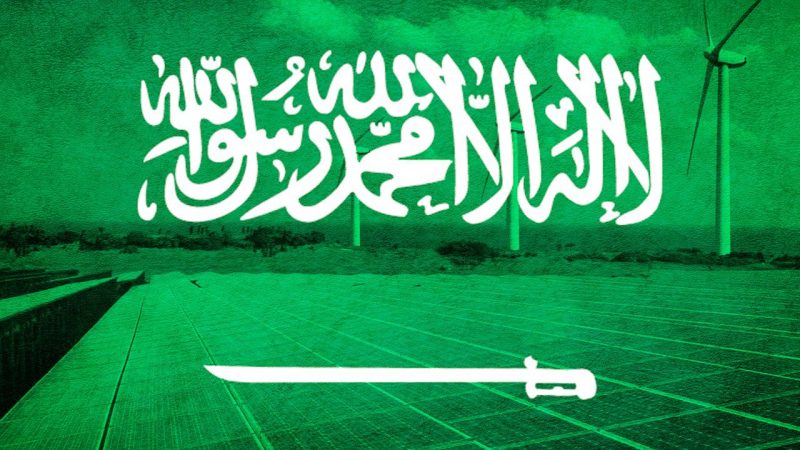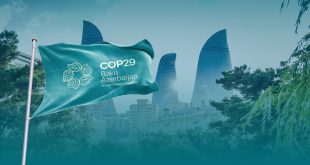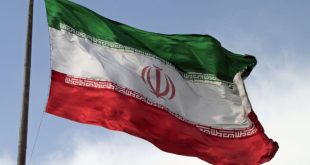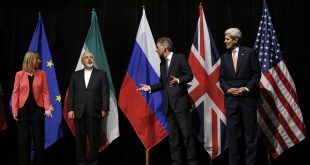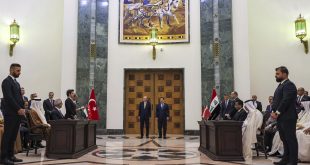In recent years, Saudi Arabia has had a comprehensive plan to reduce the share of oil in its economy, and it is seeking to increase the share of renewable energy in electricity generation. Saudi Arabia currently consumes about a quarter of its oil production, which is expected to remain almost stable, while demand for energy is likely to triple by coming years. Therefore, the outlook document on electricity generation from solar, wind and nuclear power plans to cover one-third of Saudi energy needs from non-oil sources.
THE KEY ROLE OF ENERGY IN SAUDI 2030 VISION
Saudi Arabia is likely to move to renewable energy, but it depends on whether other resources are affordable. what has happened to the underlying policies and what has become Saudi Arabia’s main strategy in terms of energy policies and what role it will play in its economic development should be seen from the perspective of the large volume of oil, which is the main source of any development economic activity in Saudi Arabia. Saudi Arabia in addition to diversifying the economy, there are other goals underlying the clean energy program. Riyadh’s plan to diversify the energy sector is aimed at increasing export capacity and upstreaming revenue.
MAJOR PROJECTS IN THE RENEWABLE ENERGY SECTOR OF SAUDI ARABIA
One of Saudi Arabia’s major projects to increase the share of renewable energy in its energy portfolio is the construction of a large solar power plant. The project is expected to eliminate Saudi Arabia’s dependence on fossil energy. Furthermore, project was expected to create 3,000 new jobs in Saudi Arabia. Saudi government estimates indicate that the total electricity demand in the country will reach 3 GWh in 2020. The final capacity of the project, which is expected to be operational in 2030 , will be 2 GW. If the project is implemented, the electricity generated by the plant will be more than Saudi’s domestic consumption. In this way, Riyadh can export both electricity and the oil it stores for other countries. However, by 2019 there has been no major progress in this project as Soft Bank has not been interested in it. Hence, it seems that Saudi must find foreign companies and financial capability to complete this project. Some analysts believe that the unrealistic nature of some projects, coupled with poor communication with the authorities, yields disappointing results. The $ 200 billion investment in 200 GW of solar power plants with the Bank of Japan is an example of projects that failed due to poor planning and unrealistic
NEOM MEGA CITY PROJECT
One of the most modern and ambitious projects of the Saudi government is the construction of “Smart Neom” city. The project will be achieved by using public investment funds of the country and private investment. If it can be realized, it could become a model for the countries in the region. Saudi Arabia intends to build this mega-project to compete with cities such as Singapore and Dubai, and to reap the economic and geopolitical benefits of the project. The city will benefit from renewable energy, and the energy needed in its residential and commercial sectors will be based on solar energy. The goal of this project is to develop major economic sectors for the future of these countries. The 9 main sectors for increasing the economic presence are energy and water, transport, basic technologies, food, advanced industries, media and media production, entertainment, technology science such as artificial intelligence and e-commerce, and the future of livelihoods, including housing, security and health, sanitation and green space.
From the standpoint of wind energy, Saudi Arabia has not made any significant step towards generating electricity from renewable energy. One of the reasons is the existence of huge oil reserves in this country, which has provided energy security for decades. To continue this record, Saudi Arabia is seeking to install 9.5 gigawatts of solar and wind power by 2023. Saudi projects this year include 3.3 gigabytes of solar photovoltaic and 800 megawatts of wind. The country plans to connect 3.45 GW of renewable energy to the network by 2020, including 700 megawatts of solar and wind power, which has already been tendered.
Aramco recently announced plans to devote billions of dollars to the construction and development of a huge project called Spark, which will make Saudi Arabia the world’s largest clean and renewable energy hub. Saudi Arabia is geographically a country with high potential for wind and solar energy. Energy experts believe that establishment of wind power industries and investing more in wind energy in Saudi Arabia are important steps in the country’s energy transition. However, Saudi has some challenges to achieve its aim in energy transition.
ARAMCO PLANS TO INVEST IN RUSSIA’S LNG INDUSTRY
Having the world’s fourth-largest gas reserves, Saudi Arabia has not yet been a player in the global gas market. Its daily production is by no means responsive to its domestic needs, and most of its power plants use oil as fuel. In summer, electricity consumption increases exponentially as temperatures rise. The high consumption of oil at power plants reduces the country’s oil exports.
Aramco is negotiating with Russian authorities to invest in the LNG industry for greater involvement in the Russian energy industry. Russia has invested heavily in the global gas and LNG market to gain more market share. Aramco has announced its readiness to invest $2 billion in the LNG-Russia project in the Arctic. If Saudi Arabia can invest $2 billion in the project, it will become the second largest investor in the project. Aramco’s investment in Russian LNG projects will allow the company to continue its policy freely in the oil market. With LNG imports from Russia, it aims to meet both Saudi Arabia’s growing needs for natural gas and its short-term plan to become an exporter of LNG and natural gas. More importantly, investing in Russia’s LNG project in the future will allow the products of this project to avoid threatening Saudi’s target market. Investing in the Russian energy industry could, in the future, prevent Russia from making decisions that endanger Saudi’s interests in the global energy market. Saudi Arabia’s investment in Russia’s energy sector will also bring the two countries closer to OPEC, as well as to regional and global issues.
Low energy prices, political instability as a result of Ben Salman’s reforms and the reluctance of international investors to raise funds are a threat to Saudi Arabia’s ambitious renewable energy plan. The plan to create a renewable energy market over the years seems slightly ambitious. However, the geographical desirability of this Arab country and the reduction in the cost of light installations and wind turbines can guarantee a clean energy future in this great oil center of the world.
In Saudi Arabia’s vision, reducing dependence on oil revenues is the country’s most important economic target by 2030. However, oil revenues will continue to be important for Saudi Arabia’s domestic political economy because its efforts in the areas of job creation and social services depend upon the continued inflow of oil revenues in the short-term.
Saudi Arabia will be a serious rival in attracting foreign investment to the countries of the Middle East and North Africa, including Iran, in line with the principles and plans outlined in the 2030 vision plan, and this could spell added tensions in the region. The principal benefits of the Saudi diversification program, if achieved, are that it would buoy the Saudi economy and decrease the vulnerability of the country to fluctuations in the global oil market. Lastly, a de-escalation of its adventurous foreign policy with active energy diplomacy may help Saudi Arabia achieve success in terms of Vision 2030.
We have already seen a push to de-escalate tensions with Qatar and Iran, and some steps towards scaling back the war in Yemen. These political developments can all be viewed as steps taken to calm the waters before an IPO which the Saudis hope can help diversify the country’s revenue generation and move its dependence away from a depleting resource.
https://uwidata.com/

